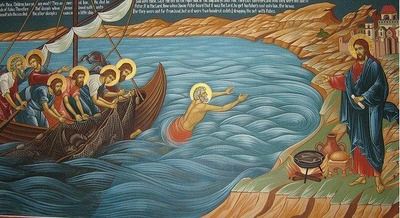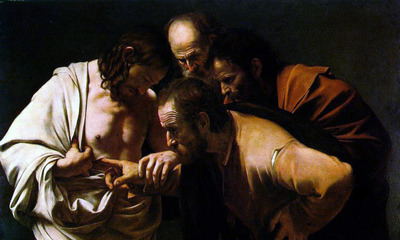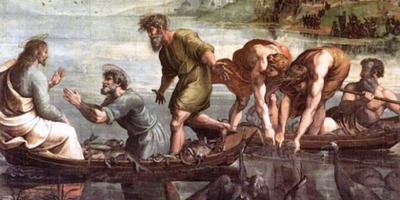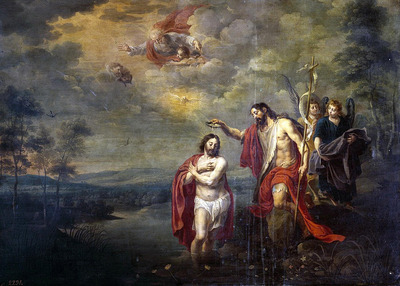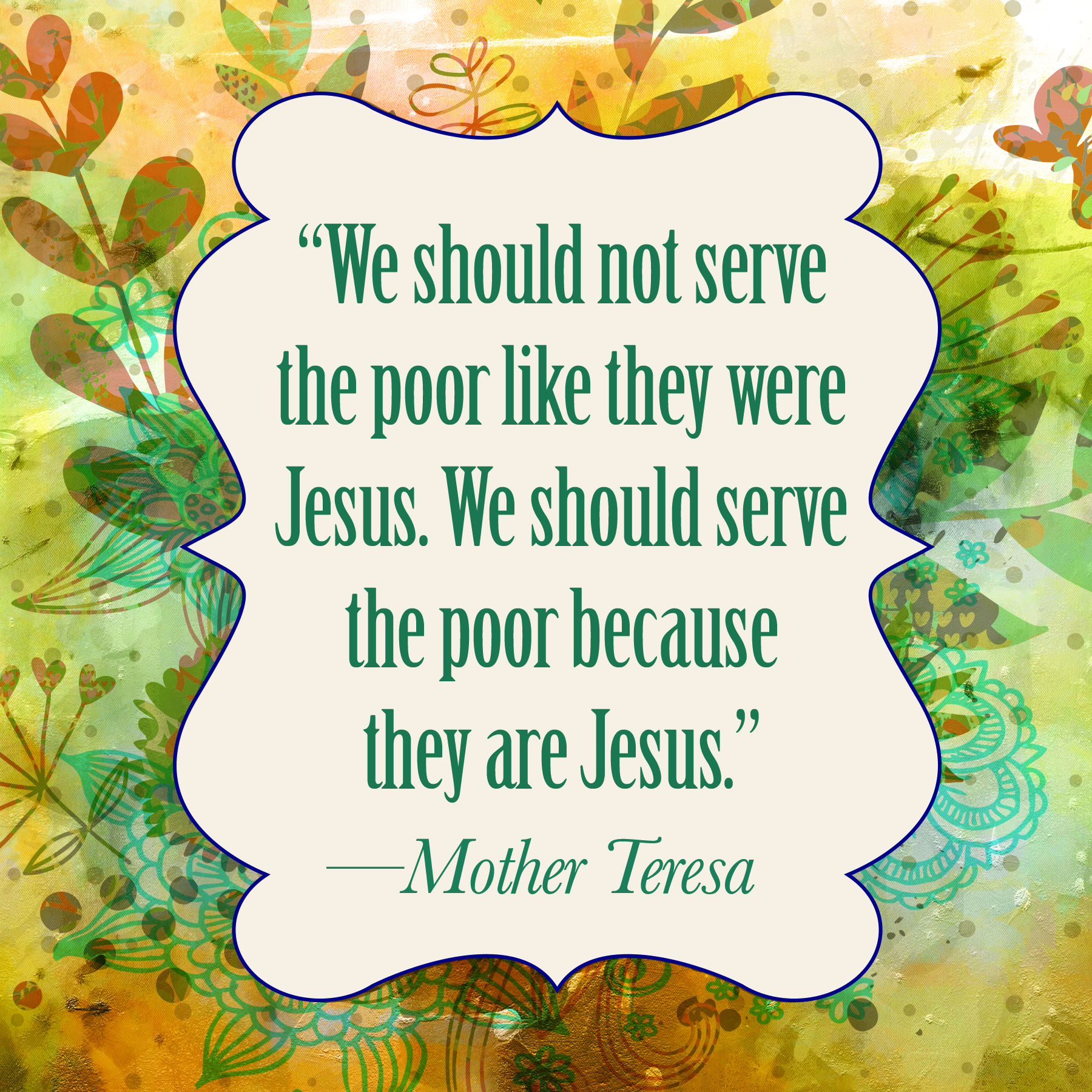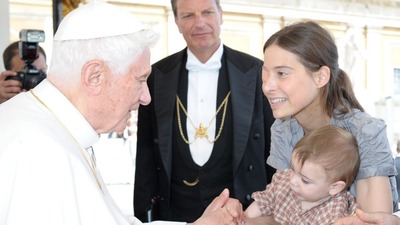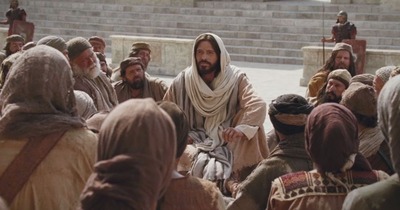May 4, 2025
|by N W
|
0 Comments
|
Courage, Discipleship, Faith, Forgiveness, Guest Celebrants, Resurrection
Third Sunday of Easter
May 4, 2025 — Year C
Readings: Acts 5:27-32, 40b-41 / Ps 30 / Rv 5:11-14 / Jn 21:1-19
by Msgr. Michael McCarron, Guest Celebrant
It had been quite the week. It weighed on him more than he could possibly say. They had gone up to Jerusalem, of course, all of them with such high hopes. It was that procession, that raucous, loud, singing procession into the gates. It had all changed so swiftly. Within a week they were running and hiding, afraid to be caught like He was caught. Peter, His dear friend, leader of the rest, hid better than most of them, even denied Him. Three times.
And so, finally it got to be too much, and Peter could not live with his thoughts. And he decided just to go back to normal life, and he said, I’m going fishing. And to his great surprise and pleasure, the others had been feeling the same. We’ll go with you, they said. We’ll go back home. And so, they went fishing and, true to form for the week that had been, it was just like the week: no fish, no nothing. Nothing but a continuous heavy barrage of bad news and, especially for fishermen who hadn’t fished in so long, particularly bad news. At least there were no Romans such was the benefit of fishing at night: no tax collectors, no Romans, no fish either.
And so, as they found themselves drifting up towards the place of the seven springs, where they had often gone after they had fished successfully, where they had cleaned the fish, where Jesus had met them so many times, spending the night on that rock, telling stories, laughing, teasing each other, teasing Him. He was a sight in the morning, and they’d let him know it.
As they drifted toward shore, it was already almost dawn. That kind of half-light of early morning obscured the view, but they could see the mooring spots where they were going, and there was someone there, there on the steps down into the water. And the person cried out, “Children, have you caught anything?” Peter cocked his head. It was a familiar voice. But he answered, “Nothing. Nothing, sir.” “Well then, put your nets on the right side of the boat, as opposed to the wrong side of the boat.” And so, Peter did the opposite of what he had done, but as he did, it was becoming more and more familiar to him. Déjà vu perhaps, but more real than that, until John cried out, “It’s the Lord!”
As the fish were being hauled in, one hundred and fifty-three of them, one for every nation known on earth, Peter threw on some clothes, jumped into the water, and swam to Him. There, the smell of charcoal smoke, fish cooking, and his friend. “Tell them to bring it all ashore and bring me some fish. You’ve got a lot of people that are hungry here, Peter. Come, have your breakfast.”
For many of you who know me, I’m Monsignor Michael McCarron. It is my privilege to have been the pastor of St. Thomas More for the last thirteen years, retiring last June. So almost a year into retirement, and I’ve survived so far. I will be a priest for forty-eight years on this Wednesday, which just sounds like a long time, even to me. Not to mention the congregations that have endured me. But I have to say even though that’s the case, every time I come before these wonderful mysteries, the gospels like this, I get nervous. I said to the deacon earlier today as I began, you know it’s the first time I’ve been here for fourteen years. This is the first time we’ve ever been together on the altar. It’s kind of a wonderful occasion. And I said, are you nervous? And he said, yeah, you know, and I didn’t say to him then, but I should have: so am I. I’m always nervous before I preach or teach, and why wouldn’t I be?
You see, I have been given a call. I have been asked to follow Him and right now, I’m standing before you and His call is to convince you somehow, whatever age you are or level of faith you are, to convince you about something that is true. That something is really true, and that is that you have a God who wants to make breakfast for you. Wants to make breakfast for you. You have a God so tender that one of the first things He does after He rises from the dead is meet you in the place where you have always talked into the night. Where the only memory is a memory of goodness and companionship and fellowship. To convince you that, in fact, no matter how many times we’ve denied Him, we will have opportunity, ample opportunity to nevertheless, affirm Him. “You know I love you, Lord. I’m sorry, but you know everything. You know I love you.” And He does.
I’m nervous because I know that I am called to somehow awaken every single heart here. Your salvation has been presented to me, too. The Lord wants me to tell you, Follow Him. Just the way He told Peter. No different message from the gospel. And following Him is what makes me nervous, because to convince you to do that, I’m fully aware that following Him is no easy task. Following Him means, following Him into charity and into forgiveness when they tease you at high school or in elementary school, because you’re a faithful person, and they’re not. Because you’re home schooled, and they’re not; because you live a way that other teenagers don’t live. Follow me and the urges to go to the computer and satisfy them are all there and all powerful; following Him means saying no.
There’s a better way. Even though you might not be able to see it right now, there’s a better way. I’m nervous. Because there’s a message here today that if we have a God who loves us so much that He will make us breakfast, then we had better be sure we believe He’s made us dinner and that He intends to feed us just as surely as He intended to feed them.
“Follow me” is His command at the end of this gospel. And I hope with all that I am that something, somehow, as the Lord speaks through me, blessed be God, will speak to you, whether you’re thirteen or eight, fifteen or fifty, it doesn’t matter. Do we think that a God who would cook breakfast for us is uninterested in anyone here because of their age, their gender, their aptitude, their looks? Follow Him and reject all of the false values the world will give you for acting the way it thinks you should. Follow Him so that the unborn find a voice screaming for life and a chance to live; Follow Him so that the elderly may find themselves, in fact, reverenced as wise for their years and cared for because of their giving.
What a wonderful gospel, but I’m nervous. Because you see, if you believe this gospel, listening to that first reading from the Acts of the Apostles, how can I convince you to go home and gives thanks to God for being declared worthy to suffer embarrassment for the sake of the Lord? No one wants to do that …except those who follow Him, because, where He is, we want to be. Where He goes, we want to go. The meal He prepares, we want to eat, because its dessert is eternal life.
May Jesus be praised forever.
KEEP READING
 540-586-8988
540-586-8988 

